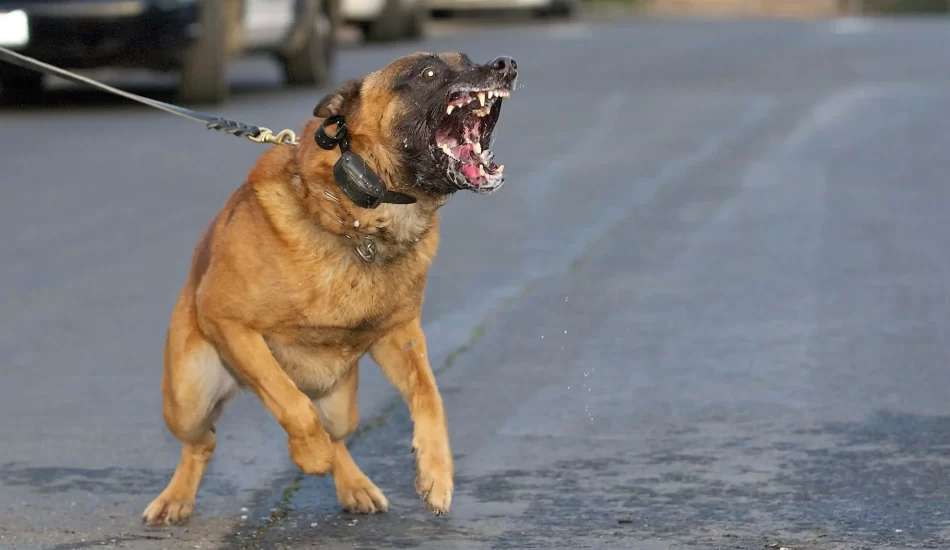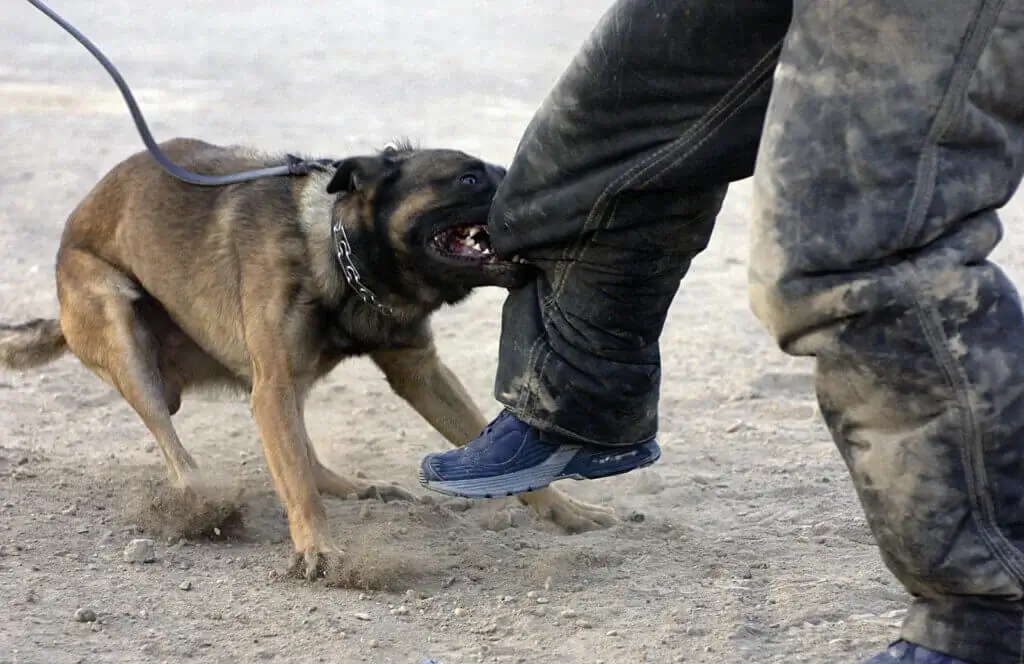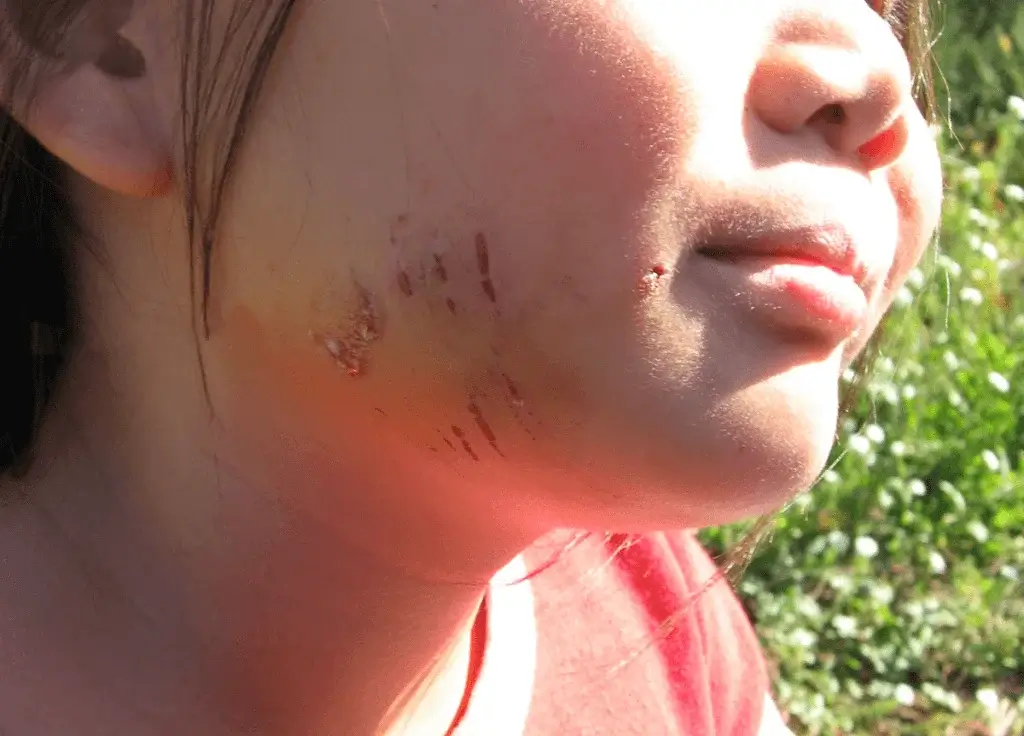Call For A Consultation (520) 323-1808
Serving Clients Throughout Arizona
Dog Bites in Arizona – When is Animal Owner Responsible For Injuries?

A dog is a man’s best friend but, even the best-behaved dogs can be dangerous. In Arizona, a dog owner is liable for bites by the dog regardless of any earlier knowledge of bad behavior by his dog.
Many people believe the old rule that “One Free Bite” still applies. Under the “One Free Bite” rule, a dog owner was only responsible if the dog has bitten before or the owner knew the dog was aggressive/dangerous. Arizona statute (A.R.S. sec 11-1025) changed this requirement of prior knowledge and ended the “One Free Bite” rule.
In Arizona, a dog owner is strictly liable for any injuries caused by a dog bite. The owner is liable if the dog bite takes place in a public place or when a person is lawfully in a private place. In other words, a dog owner is responsible if you are a guest in a dog owner’s home or out in a public place like the park, shopping center or just walking down the street.

Because the time to bring a lawsuit (statute of limitations) for strict liability claims against dog owners is shorter (one year) than other injuries, it is important to speak early with an experienced, personal injury attorney. Marc Bleaman has experience representing dog bite victims of all ages. In fact, as a former defense attorney, Mr. Bleaman is one of very few Chandler dog bite attorneys in Arizona with experience defending dog bite cases (up and through jury trial). This unique experience gives Mr. Bleaman insight into how insurance companies handle these claims and allows him to anticipate the defenses and navigate the claim processes.
In Arizona, there are only two defenses to strict liability, dog bite lawsuit: provocation and trespassing. Arizona law exempts an animal owner from liability for a dog bite if the injured person provoked the animal. Examples of animal provocation include kicking, hitting, pulling ears, or taking away food. A dog owner can also avoid liability for a dog bite by showing a person was trespassing at the time of the bite. Trespassing can also apply to a person who is a guest on private property but goes into a room or area of the property they were not invited or allowed to enter.
ANIMALS AT LARGE
Not all animal injuries are caused by bites. Serious injuries can result when an animal knocks into or jumps on a person causing them to fall.
Arizona also imposes liability regardless of fault on anyone who allows an animal to run “at large” and causes injury to a person or damage to property. A.R.S. Sec 11-1020 statute applies to non-dog bite injuries such as when an animal jumps on or scratches someone. Bleaman Law Firm, P.C., has represented individuals who were knocked down by dogs causing extensive injuries including serious pelvic fractures. The “at large” statute applies to animals who are off-leash or not contained in a private area (like a yard).
Liability can be imposed against the animal owner or the person with control of the animal. The shorter, one-year statute of limitations applies to the strict liability, “at large” statute as well as the animal bite statute.
Arizona also allows claims based upon common law negligence when an owner of animal knows or has reason to know the animal vicious or dangerous tendencies or fails to take reasonable steps to control the animal.

Dog bites can result in horrific, life-long injuries and scars, devastating victims and their families. If you or a family member has been injured by an animal, seek immediate medical attention for the injury and notify the appropriate authorities including law enforcement and animal control.
For a free initial, consultation regarding a dog bite or animal-related injury, call Bleaman Law Firm, P.C., to discuss how we can help.
Contact Our Firm
Fields Marked With An “*” Are Required
"*" indicates required fields
